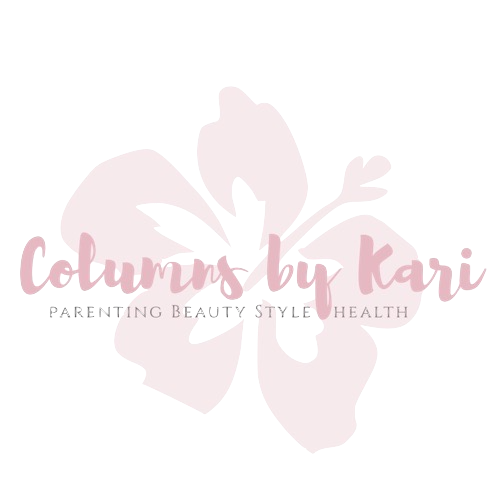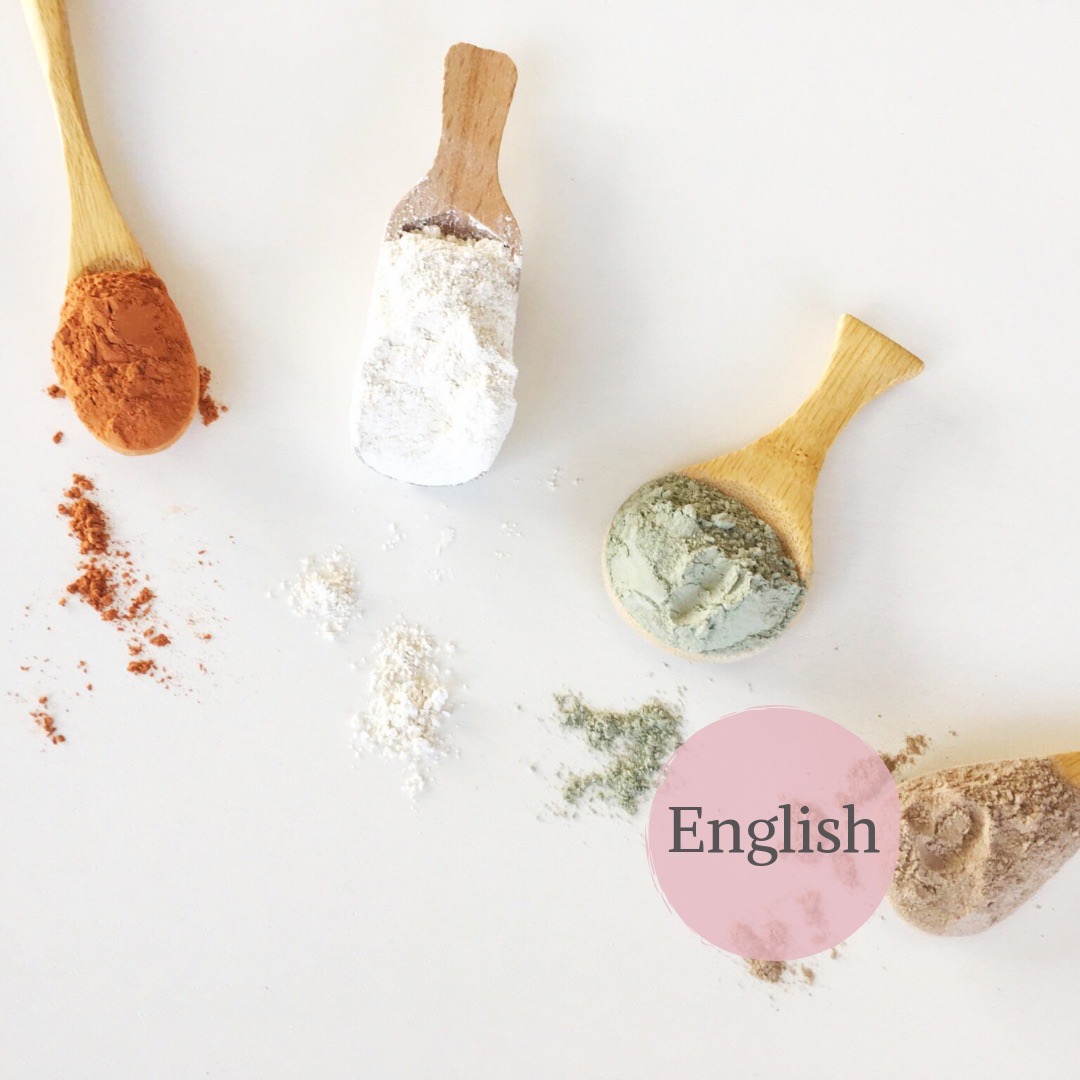This week we continue with part two of my guest post on Kari’s lovely blog space, as we zoom in on some more pregnancy skin concerns and what we can do about them using nature’s gifts! In this post I will talk about itching and over- sensitivity, melasma and perineum tearing and what you can do about it. Did you miss Part One last week? You can catch up here.
3. Itching and over-sensitivity
Why does it happen?
The sudden hormonal changes can make mama-to-be’s skin more sensitive during pregnancy. This, together with the rapidly stretching skin of the growing baby bump, can result in dry, irritated and itchy skin.
Please note: if there is severe itching present on the palms of the hands and soles of the feet, spreading to other parts of the body, you need to mention this to your OB-GYN immediately. This could be a symptom of Intrahepatic Cholestasis of Pregnancy (ICP) – a liver disorder occurring in pregnant women. While this condition usually resolves postpartum, it might be harmful for baby if left untreated.
Can I prevent it?
Not all pregnant mamas will experience itching, and keeping the skin moisturized and hydrated is important to help avoid dryness and irritation.
Can it be improved?
Itchy, inflamed or irritated skin can be quite uncomfortable or even painful, and there certainly are a lot of fantastic natural ingredients to help relieve these symptoms! Let’s have a look at a few examples* which are considered safe for topical use during pregnancy:
* As with part one of this post, all ingredients are only mentioned very briefly. If you’d like to read more details about a certain ingredient, please head over here where I have a weekly post about various natural ingredients.
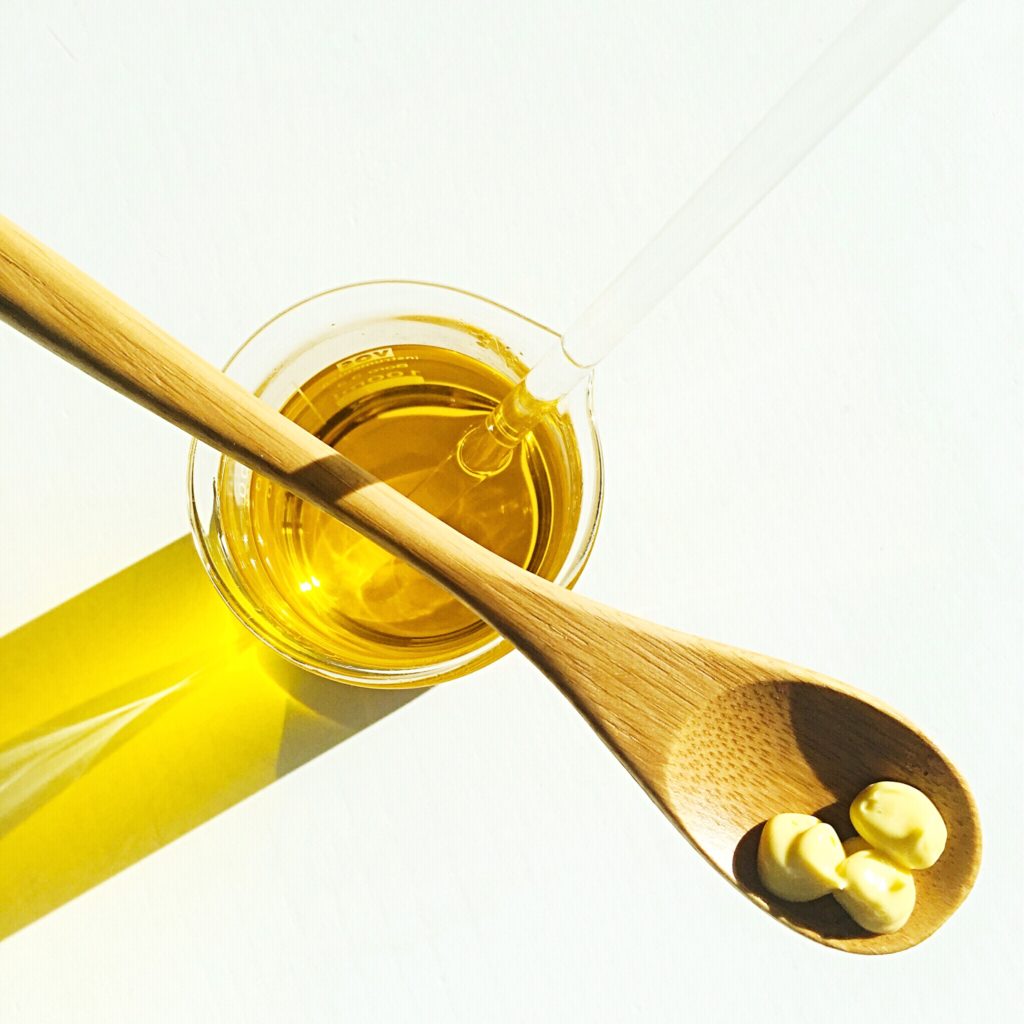
Note: always consult your doctor first before use
- Bisabolol – extract from German chamomile, highly anti-inflammatory and can help soothe irritated skin;
- Rose hydrosol – it is very gentle on the skin and can help soothe and calm irritated skin,
- Oat extract – potent anti-inflammatory and soothing ingredient!
- Calendula extract – one of the most well-known and extensively researched botanicals, it has outstanding wound-healing and anti-inflammatory effects;
- Ylang-Ylang essential oil**- calming and anti-inflammatory, this amazing essential oil has an added aromatherapy bonus with its lovely floral aroma!
**Never use essential oils undiluted!
4. Melasma
Why does it appear?
Also called “the mask of pregnancy”, melasma is hyperpigmentation of the skin caused by hormone fluctuations and as its nickname suggests it is very common during pregnancy. It can also appear if you are taking oral contraceptives, again due to hormonal changes. In many cases melasma fades away on its own after pregnancy and when hormone levels return to normal, however that’s unfortunately not always the case.
Can I prevent it?
The hormone fluctuations during pregnancy make your skin more sensitive to sun exposure, which is the number one trigger that can make melasma worse. Sorry mamas-to-be but you’ll need to stay as much possible out of the sun! In addition, and this is non-negotiable – make sure you apply high-quality physical or mineral (not chemical!) sunscreen with at least SPF30 that blocks both UVA and UVB sun rays – every single day, reapplying regularly throughout the day! I have melasma on my face and don’t leave the house without my SPF50 on, even during winter! And while this won’t make the spots go away, it sure helps to not make them any worse. During summer I also wear a big hat, stay under the umbrella on the beach and try to avoid the sun as much as possible. Not much fun, I know, but at this point it’s necessary.
Read about Kari’s experience with melasma and how she is working on it [Dutch]
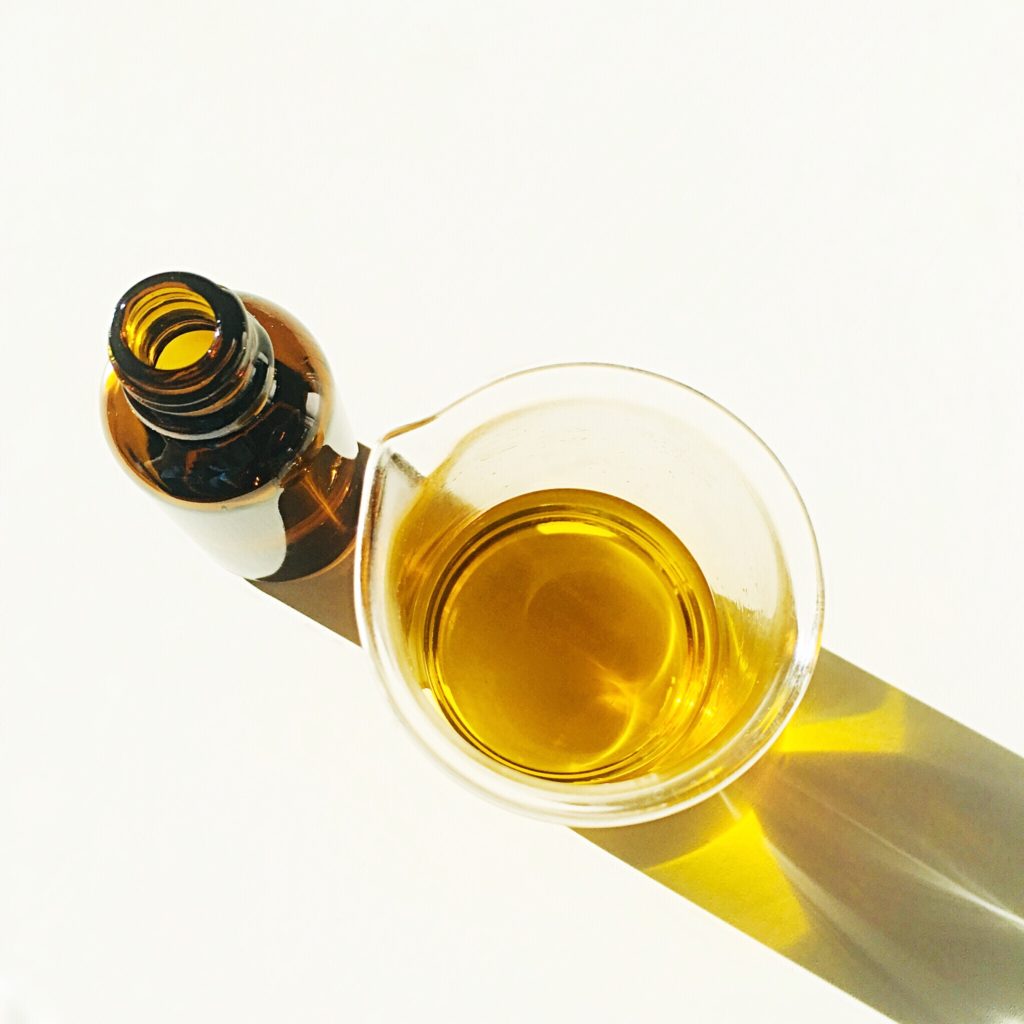
Can it be improved?
Unfortunately melasma is quite difficult to treat, and there isn’t much you can do that is both natural and safe during pregnancy. However, there are some natural ingredients that might help, when used in a carefully formulated product, but please keep in mind that this is a very slow process and any improvement will require quite some time:
- Ascorbyl palmitate – the best form of vitamin C in natural skincare, potent antioxidant, can help inhibit melanin production and stimulate collagen synthesis;
- Argan oil – a study on melanoma cells has shown decreased melanin biosynthesis;
- Mulberry extract – also proven to inhibit melanin production;
- Spirulina (extract) – contains C-phycocyanin which can inhibit melanin production;
- Camellia seed oil – studies show that it can inhibit melanogenesis.
5. Perineum tearing during childbirth
Perineum tearing is not the most pleasant topic to discuss, I know, but nonetheless an important one that many mamas-to-be are concerned about!
Why does it happen?
The perineum is the small area between the opening of the vagina and the anus, and perineal tear is different than episiotomy (when an incision is intentionally made on the perineum to facilitate delivery).
About 85% of ladies who deliver vaginally will experience some degree of perineal tearing or trauma. Perineum tearing occurs due to the fact that the size of the baby is much larger than the birth canal, and there is pressure on the soft tissues as they stretch. While severe tears are relatively rare, the risk is increased with quick birth, if the woman is a first-time mama, the baby is large or its head is oriented face-forward.
Can I prevent it?
Many sources suggest that perineum massage at the end of the 3rd trimester and during labour might help prevent perineum tearing, as well as decrease the risk of episiotomy in first-time mamas, but unfortunately there are no guarantees. In addition, pelvic floor exercises (Kegels) combined with perineum massage might also reduce the risk of tearing. Massage can also help decrease pain postpartum.
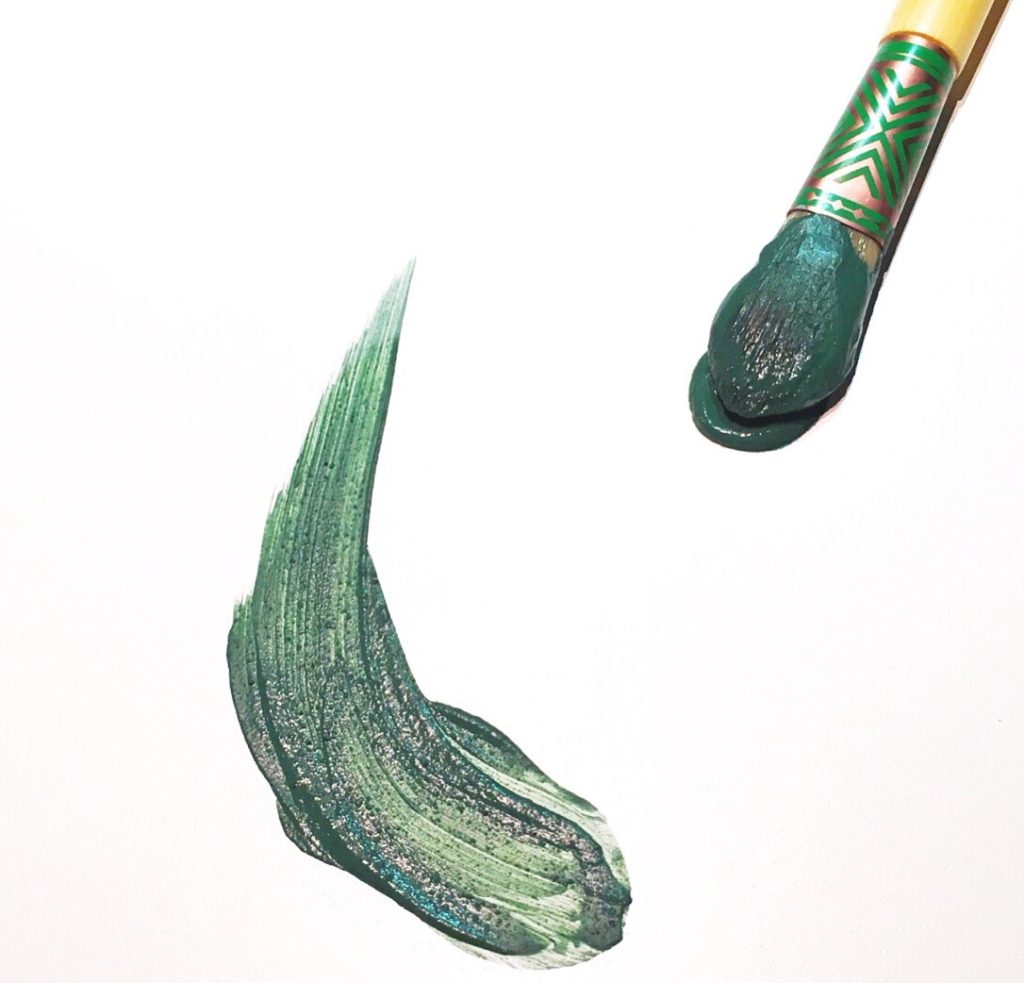
“What can I use for perineum massage?”, I hear you ask mamas! Please note that massage oils should only be used for the outer massage of the perineum! For the inner part of the massage your fingers must be completely clean, please advise your doctor or midwife for details and proper techniques. Let’s have a look:
- Sweet almond oil – known for its moisturizing properties, it is one of the best sources of vitamin E, and can help maintain skin elasticity;
- Calendula extract (macerated oil) – a carrier oil such as sunflower or almond oil is infused with dried calendula petals to create an anti-inflammatory, calming extract that is mild enough for this delicate area;
- Natural vitamin E – potent antioxidant, nourishes the skin, stimulates cell regeneration and wound-healing; to be used in a blend with carrier oils;
- Coconut oil – great emollient properties, high content of lauric acid which has antimicrobial activity;
- Wheat germ oil – another rich source of vitamin E, has regenerative and anti-inflammatory properties; should be used in a blend with other more stable oils;
Added bonus of the perineum massage – you will get used to the pressure in this area, which will help you recognize the sensation when your little bundle of joy is ready to come out during labour!
How about you lovely mamas? Have you experienced any of these skin concerns during your pregnancy, and how did you deal or are you dealing with them?
Lots of love,
Martina

